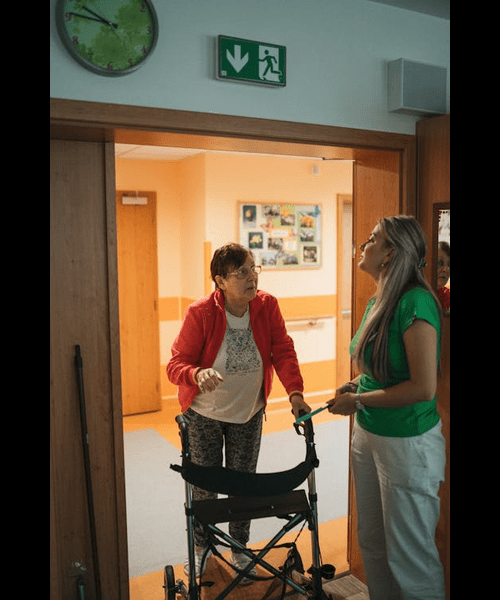In nursing homes, comprehensive emergency preparedness is essential to safeguard the well-being of residents. From natural disasters to medical emergencies, nursing homes must have effective plans in place to respond quickly and efficiently. This not only ensures the safety of residents but also provides peace of mind to families and staff.
In this guide, we will explore how nursing homes can enhance their emergency preparedness by creating detailed plans, training staff, and implementing safety measures during critical situations.
Developing a Comprehensive Emergency Plan
A well-crafted emergency plan is the foundation of a crisis-ready environment in nursing homes. These plans should outline specific procedures for different types of emergencies, such as natural disasters, power outages, and medical crises. Nursing homes should collaborate with local emergency services and health officials to ensure their plans align with broader community strategies.
Key elements of an effective plan include:
- Evacuation Procedures: Clearly defined steps for evacuating residents, especially those with limited mobility.
- Communication Protocols: Detailed instructions on how to maintain communication with families, staff, and emergency responders during a crisis.
- Resource Management: A checklist of essential supplies, medications, and equipment that must be readily available.
Facilities should also review and update their emergency plans regularly to keep up with new regulations and safety guidelines. By doing so, they can ensure that the nursing home staff is prepared and equipped to handle any situation.
Training and Empowering Staff
Training is crucial to creating a crisis-ready environment. All employees—from caregivers to administrative staff—must be well-versed in emergency protocols. Regular drills and simulations help reinforce these procedures, ensuring that staff members can react quickly and effectively during a crisis.
Caregiver staffing agencies play an important role in this preparation. They provide skilled professionals who are trained in emergency management and can step in during staffing shortages.
These agencies work closely with facilities to ensure that staff are adequately trained to manage situations like medical emergencies or natural disasters.
Facilities that partner with a health care staffing agency can also benefit from flexible staffing solutions. In the event of an emergency, these agencies can provide additional support, ensuring that there is always enough personnel to meet the needs of the residents.
Ensuring Resident Safety During Emergencies
The safety of residents is paramount in any emergency. Nursing homes must take proactive measures to protect their residents during critical situations, especially those who are vulnerable or have complex medical conditions.
By working with staffing agencies for nursing homes, facilities can ensure that there are always enough caregivers on hand to assist.
In situations like natural disasters or power outages, nursing homes must have backup generators, secure food and water supplies, and contingency plans for medication administration. Staff should also be trained to monitor residents for signs of distress and provide reassurance during stressful situations.
Senior care staffing agencies can provide specialized caregivers who are experienced in working with elderly residents during emergencies. These professionals understand the unique needs of seniors and are equipped to offer the necessary emotional and physical support during challenging times.

To ensure your nursing home is fully prepared for emergencies, partner with experts who prioritize safety and care.
Learn more about how Careline Solutions can help. If you need reliable staffing support, explore our nursing home staffing services or senior care staffing solutions today!
Contact us today for more information.
 Careline Solutions
Careline Solutions